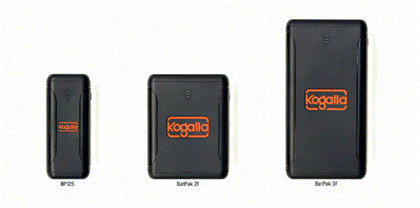
Butler Attorneys to Present at NASP 2025 Annual Conference
By Scott Hefner, Matthew Peaire, Zachary Jett | Events, News
October 20, 2025
Overview | Blog Posts | Subrogation & Recovery | Related | Print | Share
In the event of inadvertent disclosure of documents (electronic or otherwise), an attorney is ethically obligated to promptly notify the sender of the attorney’s receipt of the documents. It is then up to the sender to take any further action.
The Federal rules also provide that a party must promptly return, sequester, or destroy the specified information and not use or disclose the information until the claim of privilege (or waiver of privilege) is resolved. Further, the Federal rules provide that a disclosing party must take reasonable and proactive steps to retrieve the information if the disclosure is discovered before being notified by the receiving party.
In summary, when dealing with the inadvertent disclosure of documents, you must be proactive and act quickly in order to control any damages that could result.

By Scott Hefner, Matthew Peaire, Zachary Jett | Events, News
October 20, 2025



